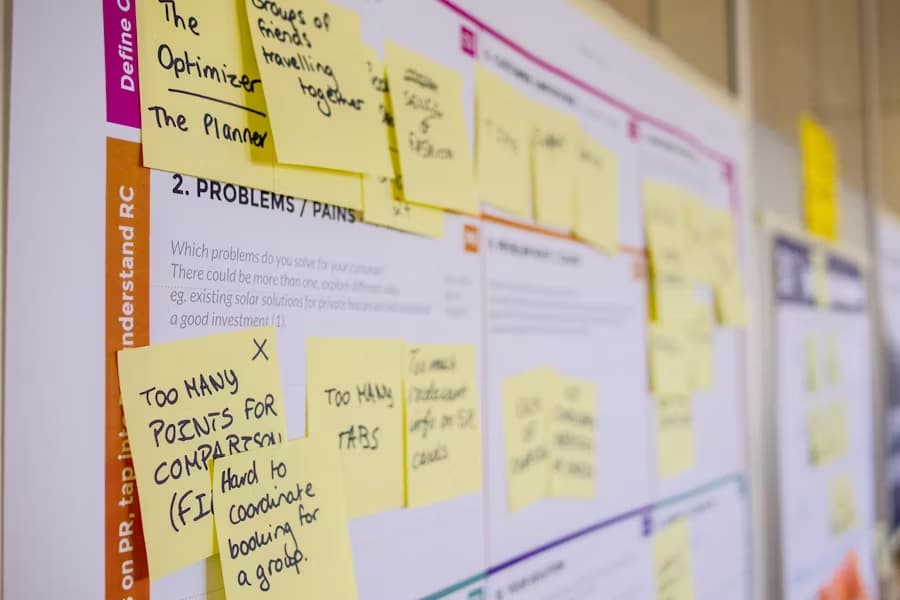In our swiftly evolving world, mastering time management surpasses its role as a mere personal asset; it emerges as a pivotal soft skill with far-reaching consequences. This article will thoroughly investigate why time management is deemed a soft skill, delving into its intricate impact on productivity, work-life balance, and its essential role in the ever-shifting domains of remote work and education.
Augmented Productivity and Efficiency
Customizing methodologies like the Pomodoro Technique to individual preferences and work styles not only boosts personal productivity but also aligns with the distinct rhythms dictating peak energy levels. This ensures the optimal scheduling of high-priority tasks.
Enhanced Organization and Planning
Integrating contemporary organizational tools, such as PM apps and cloud-based calendars, into time management practices significantly enhances efficiency. The seamless synchronization of tasks across devices ensures a cohesive organizational approach, minimizing the risk of oversight.
Effective Goal Setting and Attainment
The integration of visualization techniques and habit formation strategies into time management fosters a comprehensive approach to achieving both personal and professional goals, aligning daily activities with long-term aspirations.
Stress and Workload Reduction
While timeless techniques like the Eisenhower Matrix remain pertinent, adapting them to the digital era involves harnessing AI-driven task prioritization. Smart algorithms can analyze workload patterns, suggesting optimal time allocations and contributing to stress reduction in the contemporary work environment.
Improved Decision-Making and Problem-Solving
Incorporating mindfulness practices into time management enhances decision-making. Mindful time allocation allows for a focused and deliberate approach to tasks, reducing the likelihood of impulsive decisions and establishing a connection between time management and emotional intelligence.
Enhanced Work-Life Balance
Effective utilization of communication tools ensures that post-work hours remain dedicated to personal pursuits, fostering a healthier work-life balance.
Superior Communication and Collaboration
Soft skills like active listening and effective communication intertwine with time management. Scheduling regular check-ins and virtual breaks in a remote work setting nurtures camaraderie among team members, fostering heightened collaboration.
Increased Accountability and Responsibility
The iterative nature of agile allows for continuous reassessment of priorities, ensuring a dynamic response to evolving project needs and increasing overall accountability.
Adaptability and Flexibility
Embracing asynchronous communication and integrating flexibility into daily schedules acknowledge the importance of adaptability in a dynamic work environment.
Professional Growth and Success
Allocating time for skill development, networking, and industry research positions professionals at the forefront of their fields, ensuring sustained growth and success.
Emotional Intelligence in Time Management
Recognizing energy-draining tasks and incorporating self-care breaks fosters emotional resilience, contributing to a more sustainable approach to productivity.
Technological Tools for Time Management
AI-driven insights into task completion times, personalized productivity suggestions, and predictive scheduling enhance the efficiency of time management practices.
Time Management in Remote Work
Setting clear boundaries between professional and personal spaces, utilizing time-tracking apps, and fostering virtual team-building activities become integral components of effective remote time management.
Time Management in Educational Settings
Incorporating interactive calendars, task management apps, and collaborative study sessions into their routine prepares them for a future where effective time management is a non-negotiable soft skill.
The Role of Soft Skills in Job Interviews
Employers increasingly recognize the importance of soft skills during job interviews. Crafting narratives that highlight instances where effective time management contributed to project success becomes crucial in showcasing one’s value as a potential team member.
Conclusion
From adapting to remote work challenges to fostering emotional intelligence, the role of time management extends far beyond conventional boundaries. Embracing these nuances ensures not only personal efficiency but also positions individuals for success in an ever-changing world.



